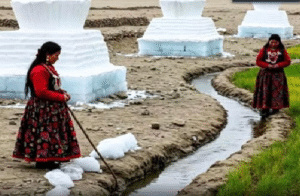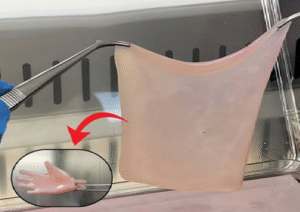In a bold attempt to tackle its rapidly declining birth rate and aging population, South Korea has launched a new initiative offering couples up to $38,000 (approx. 52 million KRW) as a financial incentive to get married.
The government program, unveiled this week by the Ministry of Health and Welfare, aims to encourage young adults to marry and start families, addressing one of the most pressing demographic crises facing the nation.
Couples who register their marriage and meet certain criteria—such as income thresholds and commitment to reside in South Korea—can receive:
- A one-time marriage grant
- Low-interest housing loans and rent subsidies
- Childcare and parental leave support if they have children
The total benefits package can amount to over $38,000, depending on region and family plans.
South Korea currently holds the world’s lowest fertility rate, at just 0.72 children per woman as of 2024. The nation’s youth are increasingly delaying or avoiding marriage due to high living costs, intense work culture, and lack of affordable housing.
“We are at a demographic turning point,” said Health Minister Cho Kyoo-hong.
“This program is part of a broader policy shift to support young couples and secure the nation’s future.”
The initiative also includes workplace reforms, expanded childcare services, and a push for better work-life balance, especially for women—many of whom cite career setbacks as a reason to avoid motherhood.
South Korea joins a growing list of countries—including Japan, Italy, and Hungary—experimenting with financial incentives to combat population decline. Experts caution, however, that social norms and economic reforms must go hand-in-hand with monetary rewards for lasting change.
As South Korea pays couples to say “I do,” the world watches closely. This high-stakes bet on marriage as a remedy for demographic decline could reshape the future of family, economy, and society in one of Asia’s most advanced nations.







